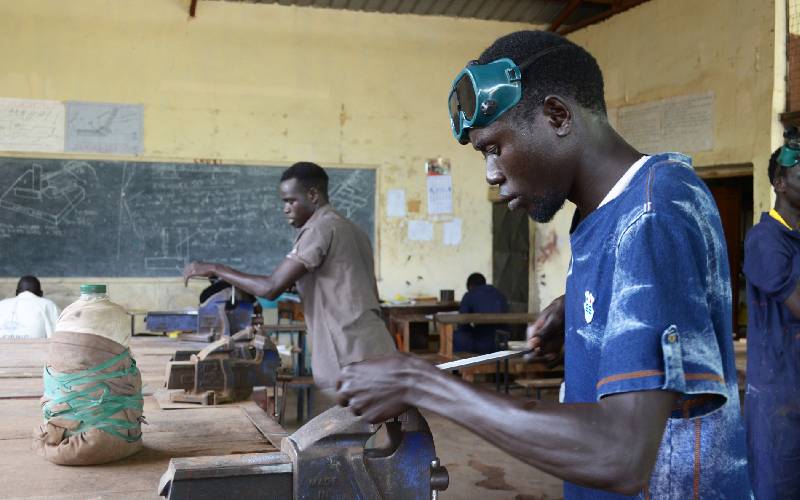×
The Standard e-Paper
Home To Bold Columnists

Must these young men suffer to see the reality? [Courtesy]
On Monday morning last week, I stopped by the roadside to talk to three schoolboys as they walked home leisurely.